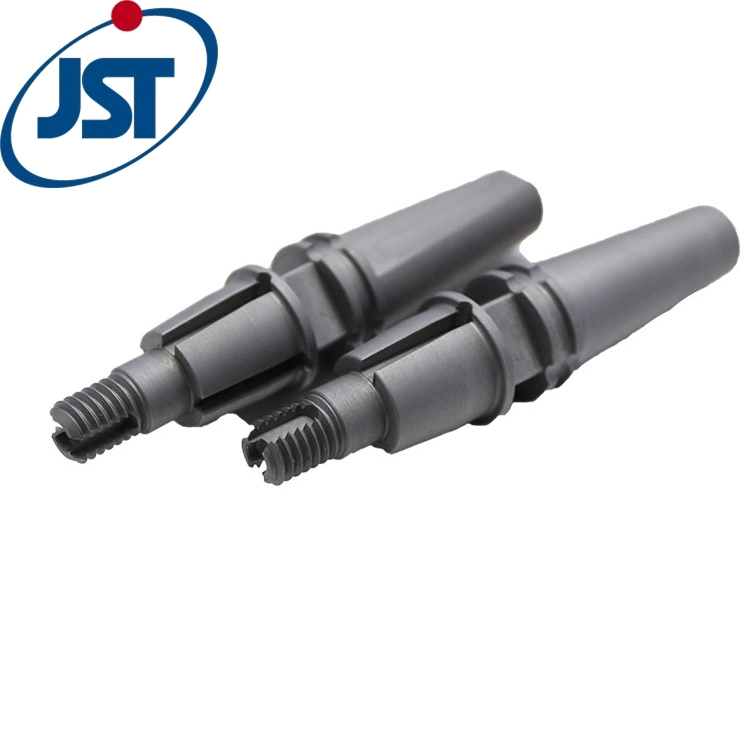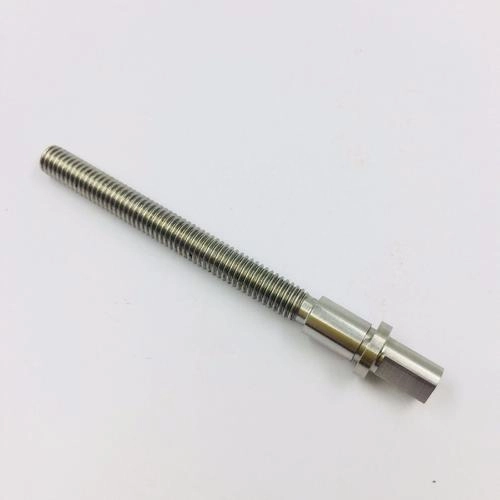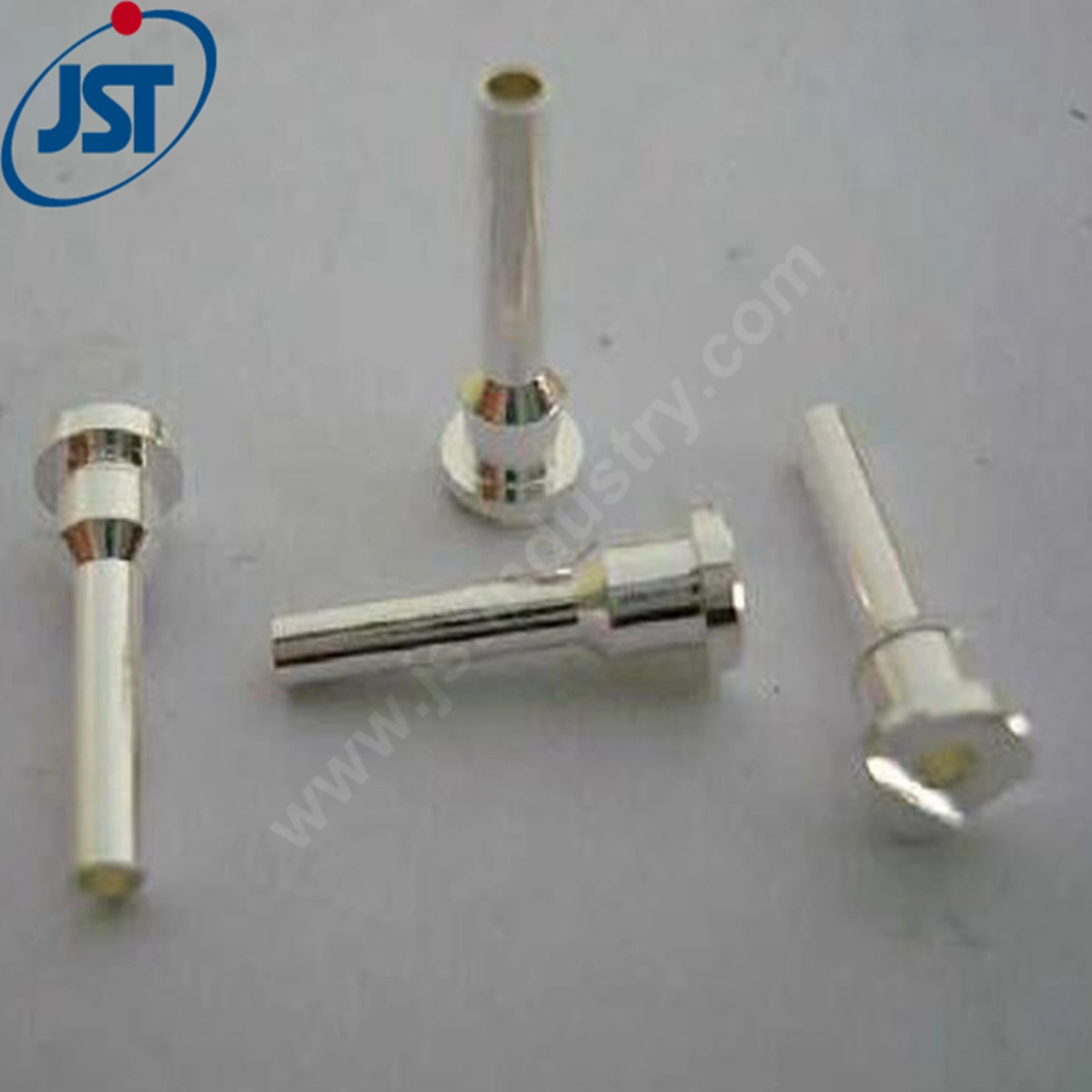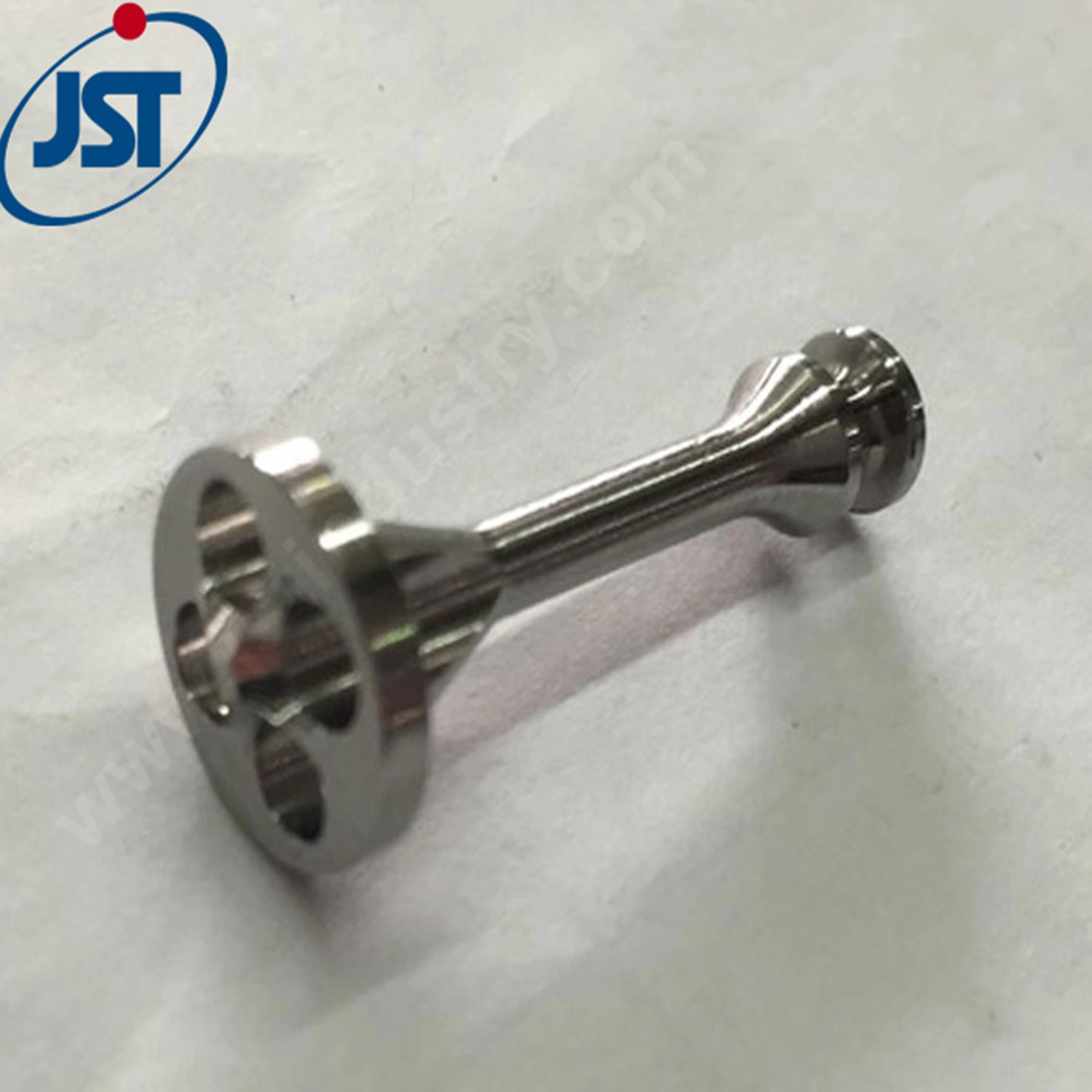


The swiss type turning machining parts are transmission shafts, which were used in the field of automobile. The material is 316L, and the surface roughness is Ra 1.6. For the swiss type machining stainless steel parts, MOQ is 5000 PCS and the lead time is 30 days. JST has made a lot of swiss type machining automobile parts every month, the tight tolerance is +/-0.01mm. If you have any inquiries for swiss type turning machining stainless steel parts or swiss type machining stainless steel automobile parts, please do feel free to contact us for quotation.





